|
Conceptually, there is nothing complicated about Extraction, a film which is largely a rehash of countless stories before it, traversing familial territory with its story of a hardened mercenary on his path to redemption. What does stand out though is Extraction's penchant for carnage, which is on a level rarely seen in mainstream cinema, as the film shows no restraints or reservations when it comes to its portrayal of violence. The choreography and camera work border on too much movement, yet the blunt and rugged action sequences show an attention to detail in their brutality, eschewing the negative implications which can come with a constantly moving camera. Ignoring the orientalism going on in this film, Extraction is a generic but engaging action film which satisfies those looking for something to satisfy their action film bloodlust, standing out on some levels due to its conception of violence.
0 Comments
One of the greatest films of all time dealing with the complexities of desire, emotional repression, and the false binary between altruism and egoism, Mikio Naruse's Yearning is a film of multitudes. A masterfully constructed story which is graceful in execution, Yearning relies on the rich, complexity of its characterizations to reinforce the ways it details the nature of affection - a powerful force in which a fragile line sits between gratification and self-destruction. The repression of desire and general sense of sexual tension throughout Yearning is palpable yet the film is far from sensual, mimicking its central protagonist's arch in exhibiting a reserved temperament, though underneath this veneer the fires of affection and desire burn bright. Hideko Takamine's central performance as Reiko is masterful, and the fulcrum of this film's devastating emotionally arch - a character whose lost so much due to violence yet she remains subjugated by the social forces of society that aim to dictate what is acceptable or proper. Set in post-war Japan, the film is incisive about this epoch, featuring an underlying commentary about the growing clash between tradition and modernity, both economically and socially, as this rapidly changing culture begins to be flooded by the forces of commercialization and mass consumption. This commentary intertwines seamlessly with this central love story, as Reiko's actions are informed largely by what took place during the war; post-war's quick changing landscape intrudes and threatens her identity which feels permanently linked to tragedy. Her inability to move on is told with empathy and understanding, with the brooding sexual tension and unspoken desire ultimately being repressed due to her allegiances to her past. A rich, textured work.
Beginning as a seemingly familial narrative conception, We, The Dead evolves as it progresses, becoming an expansive evocation on diaspora and displacement in the modern epoch. Showing deep concern for the enclaves of individuals forgotten or mistreated by the larger forces of the world, Edmund Yeo' directorial sensibilities employ a free-flowing camera which immerses the viewer in a near dreamlike pathos while evoking the crippling uncertainty and fragility intrinsic to those seeking any semblance of stability in their day-to-day life. With the plight of the Rohingya refugees used as the thematic backdrop, We, The Dead examines the countless souls lost in the shuffle of a rapidly changing world
Psychological trauma related to grief and the thoughts of vengeance which can be derived by those seeking answers in times of extreme tragedy are excavated and examined through an incisive formalist framework in A White, White Day. The corrosive effect placing blame can have on those dealing with trauma, how this desire to find a responsible party for loss can obfuscate acceptance and understanding, restricting any semblance of peace one strives for in times of tragedy. The varied landscapes of Iceland create an immersive and transfixing aesthetic for this psychological story; the cold, hard rocks an ample juxtaposition of our main protagonist, a man who lets a desire for vengeance cloud his judgment and subvert his path towards any semblance of peace surrounding his wife's death. He needs someone to blame for this trauma, a way to deflect his own shortcomings as a husband and companion, and through his actions he ultimately becomes to realize acts of vengeance will not help fill this hole left behind.
The transcendental nature of art is explored through a singular conceptual construction in Damien Manivel's Isadora's Children, a film which is firmly interested in the affect of the spirit. Centered around four women in contemporary society whom have encountered the heart-breaking dance of Isadora Duncan, who following the death of her two children crafted a solo dance as a tribute and therapeutic device for her grift-ridden trauma, Isadora's Children is an incisive evocation on the transference which any creative act of expression can have. Whether it be between the art and the creator, or between the art and the observer, through its tactical yet emotive lens, Manivel has crafted an intriguing work which encapsulates the connectivity which an act of creation - an intrinsically personal endeavor - can have on the collective. Formalistically the film is quiet yet precise, unassuming yet crafted in a way that inhabits an ethereal quality through economic framing and assured directly which perfectly complements its conceptually grandiose ideals it attempts to elicit. Subverting the Freudian idea of a strict dichotomy between the body and the mind, this film places the physical - the body, movement - and the mental - emotion, intuition, experience - on equal plateaus, demonstrating how this one creative act of expression has far reaching tentacles which obfuscate the spatial and temporal constructions of our perceptions. The sharp vicissitudes intrinsic to living are told through a structuralism in which the restricting tenets of narrative are thoroughly subverted, as the film inhabits a space in which the personal intimacy and collective experience are synonymous.
Sweeping winter vistas provide ample aesthetic utility in Hideo Gosha's Goyokin, a story about a guilt-ridden samurai on a path to redemption. Traversing themes centered around the potential conflict between duty and honor, Goyokin is a stylishly invigorating addition to the genre, one which is directed with a sense of bravado and an aggressiveness in which the action displays a blunt, raw physicality more than a graceful depiction of the samurai. Common themes such as the toxicity of greed, the corrosive nature of wealth, and honor vs. obligation are explored, with the film exhibiting how even something as honorable as the shogunate can fall victim to the insatiable and repetitious thirst for power and control
Jun Ichikawa's deeply empathetic lens constructs an effective examination of loneliness and teenage alienation in Bu Su, a film which beautifully expresses the underlying affect of its central subject. Centered around a young woman who leaves her small village for the urban landscape of Tokyo, Bu Su is a common story of adolescence told with an uncommon emotional intelligence and maturity. Featuring an aesthetic which employs great use of negative space and an empathetic lens which fixates on the stillness and internal conflict of its central subject, Bu Su evokes a sense of longing and sadness which is palatable, deconstructing the malleable and impressionable nature of youth but also something which is intrinsic to the human condition itself - the often implicit search for a sense of belonging in society. Assimilation amongst the milieu of Tokyo-based adolescence provides Ichikawa with an interesting framework to explore his patented themes of alienation and loneliness, and with Bu Su he draws on some interesting thematic ideals, contrasting traditional and modern aspects of culture and society, and suggesting that traditional aspects of culture can offer needed disconnection from the demands of modern life, no matter how fleeting they may be.
An experiment which, at its peak is a transcendent work of art, Pietro Marcello's The Mouth of The Wolf defies simplistic classifications, being a documentary which traverses the spatial and temporal spaces of a city while telling the simple story of a man returning home after many years in prison. Ingeniously edited, The Mouth of the Wolf infuses the observant eye of the documentary aesthetic with the romanticism of a love story, providing a holistic profile in which material setting and individual perception are intertwined - the excavation of memory being of paramount important to this man's attempt at re-assimilation. More intellectually stimulating than emotionally resonant, The Mouth of the Wolf is a conceptually intriguing and artistically sharp work centered around the ontology of memory, space, and time.
Employing graphical motifs as an entry point to its larger ambitions, The Grand Bizarre sits at the intersection of our times between artisanry and mass-production, feeling like a veiled evocation on interconnectivity with its pulsating visual and audio rhythms rapturously encapsulating the frantic network of the global economy in the modern world. The cinematic grammar employed by Mack - the assembly of image, the complex patterns and array.of colors, fused with a pulsating yet entrancing soundtrack - transposes the modes and modules of production with that of the natural world. A frantic yet decisive experimental work, Jodie Mack's The Grand Bizarre is an opaque yet transfixing experience worth seeking out by more adventurous lovers of cinema.
Imbued with an underlying sadness and ambiguity, Jang Woo-Jin's Autumn, Autumn is arguably a formal narrative exercise in implication, a film which relies on the viewer to infer the underlying complexities of its story through its rich characterizations and aesthetic sensibilities. A conceptually intriguing work, Autumn, Autumn is a simple story with thematic heft, a melancholic tale which evokes the malleable nature of perception and the control it can have over our emotional state of being. A story split into two parts - the only connection between their stories being they begin in the same place, a train from Seoul to Chuncheon - Autumn, Autumn deconstructs the human condition in a simple yet incisive ways, recognizing the sense of longing intrinsic to our existence, as we intrinsically perceive others and the world around us through the prism of our own perceptions. The labyrinths of the human psyche are examined in these two distinct but thematically similar stories through tenderness and ambiguity, with the film employing a proficient artistry which uses negative space to evoke a sense of melancholy and emotional uncertainty, to which the causes themselves are somewhat nebulous. While loneliness is endemic to this film, Autumn, Autumn is far from a depressing film, it's just one which aims to capture the many emotional modes which manifest themselves through human perception in times of personal reflection and introspection. Being my first film by Woo-jin Jang, Autumn, Autumn has left me extremely intrigued, given the depths this film was able to excavate through its thin narrative framework.
|
AuthorLove of all things cinema brought me here. Archives
June 2023
|

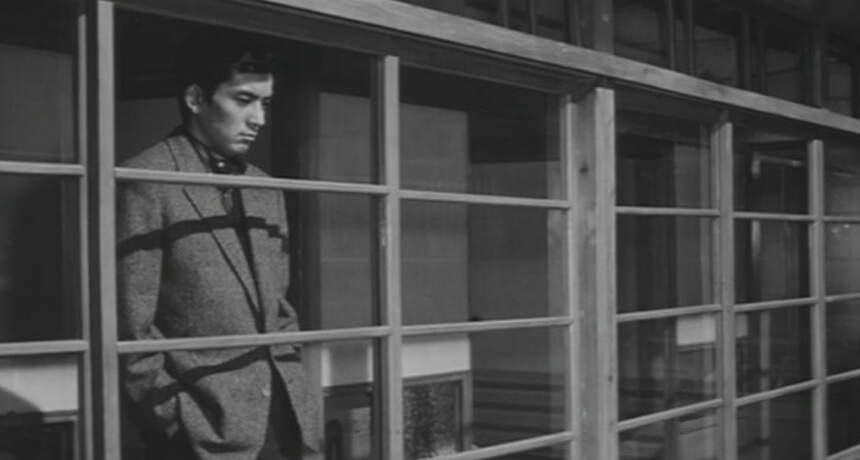
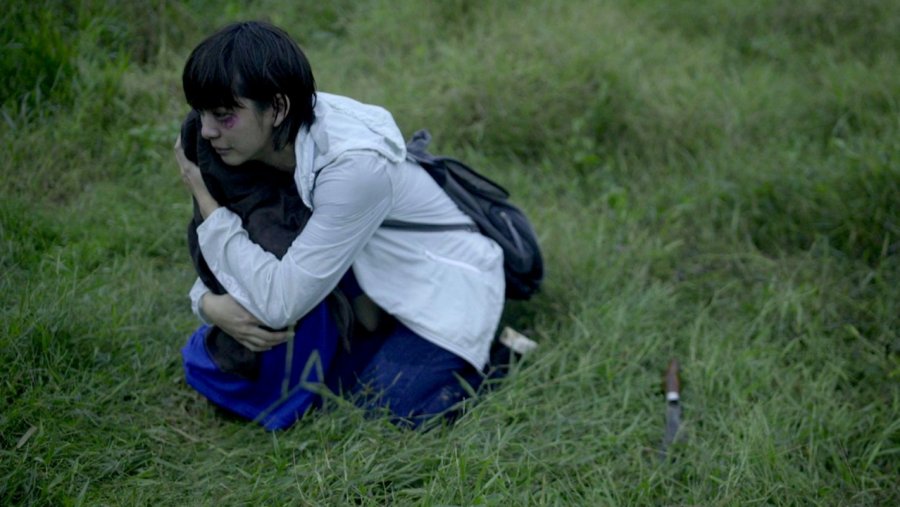
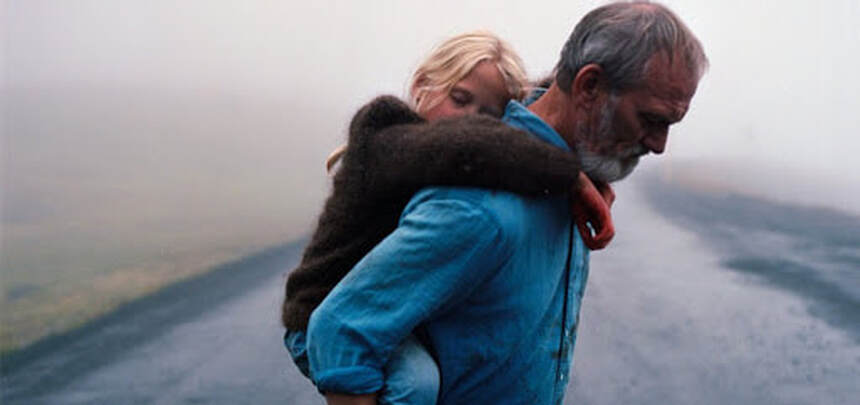
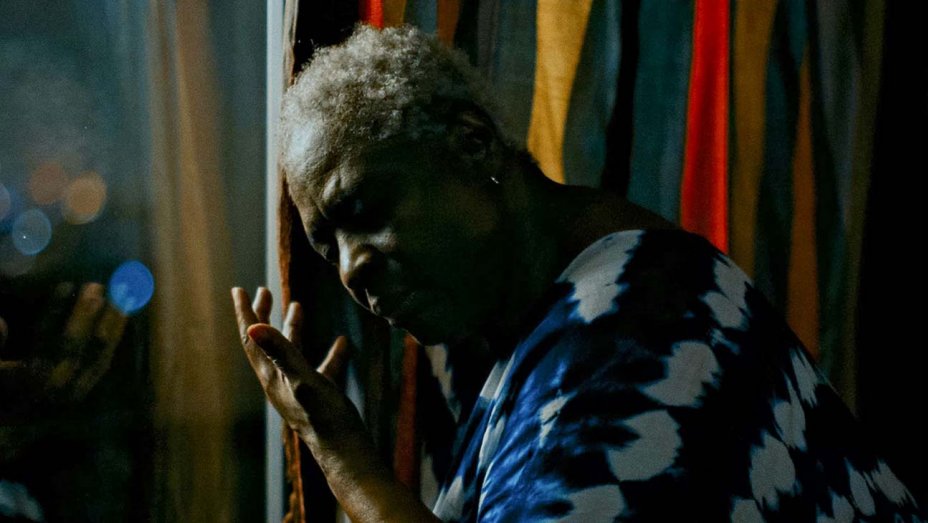
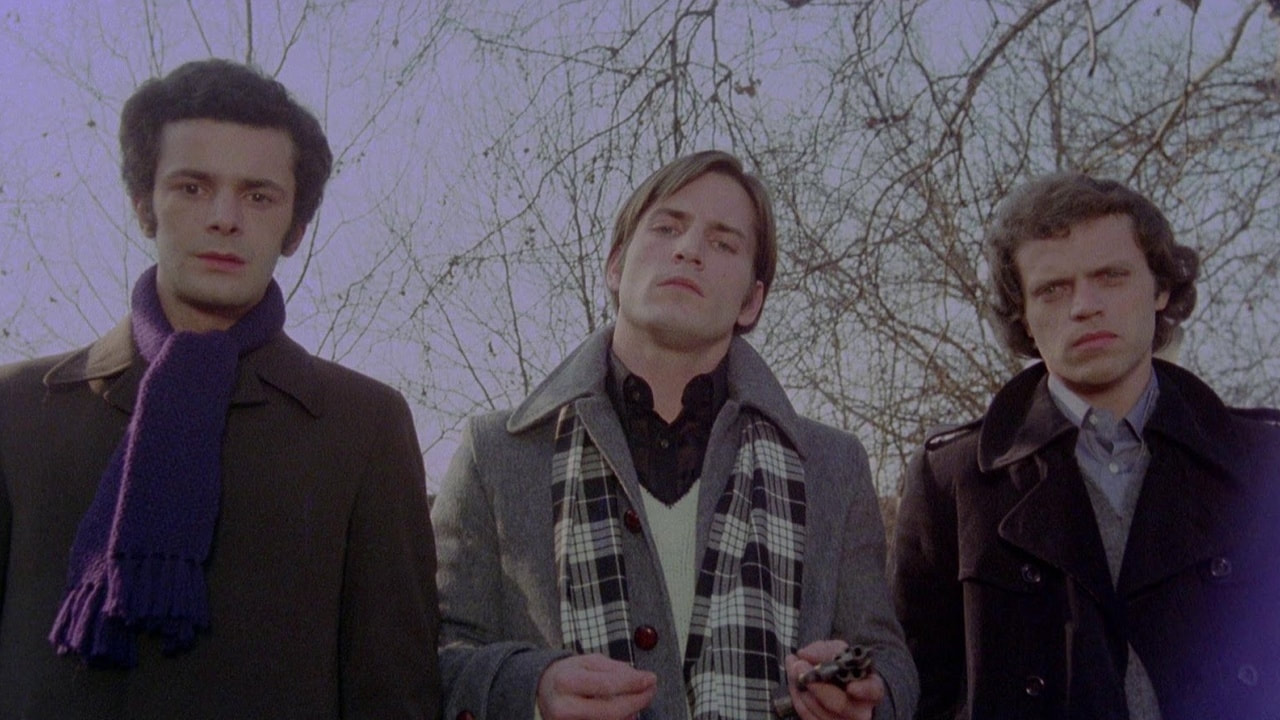
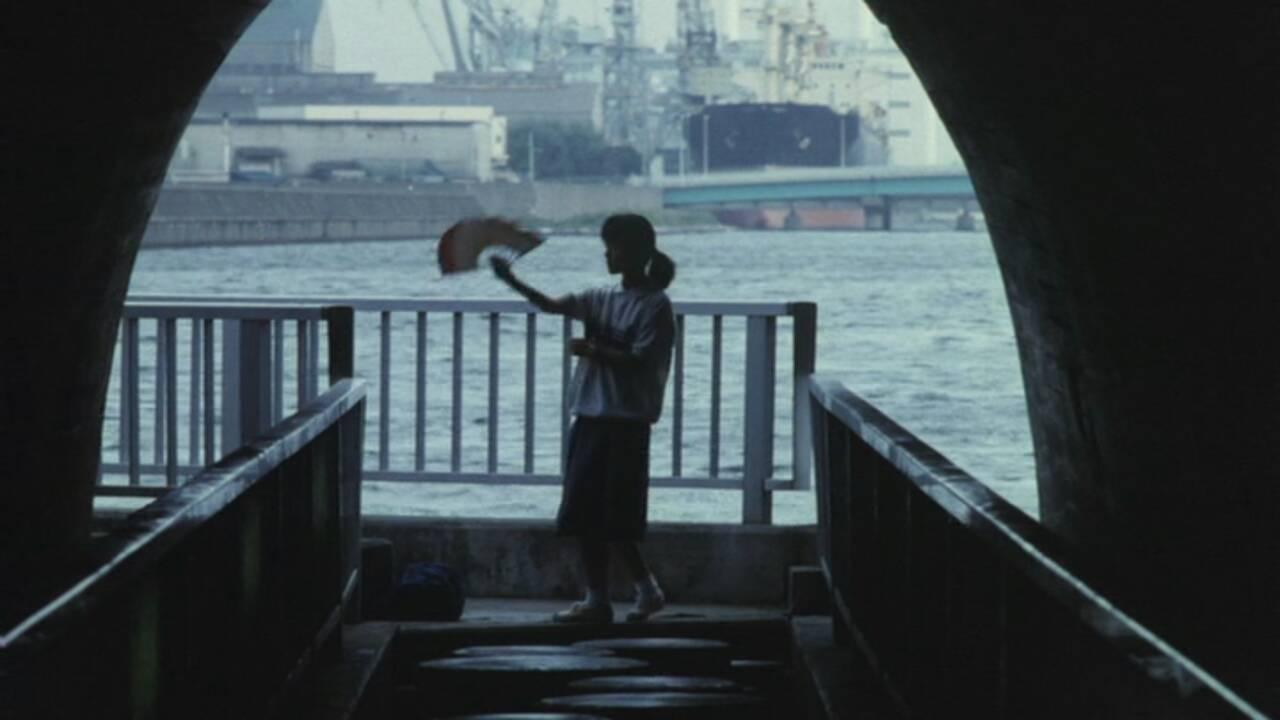
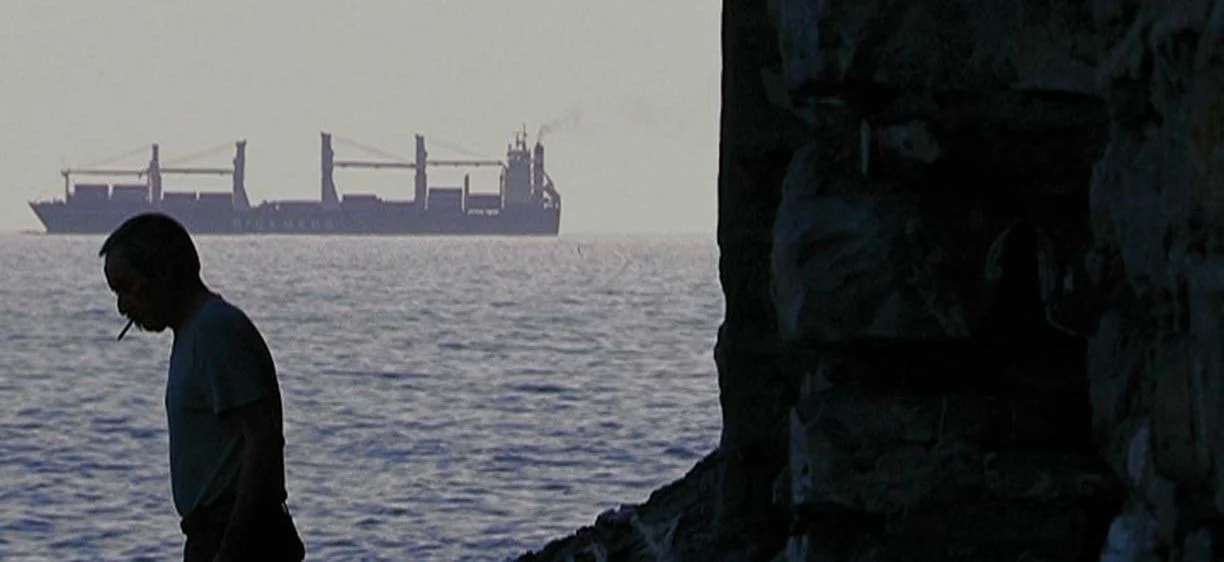
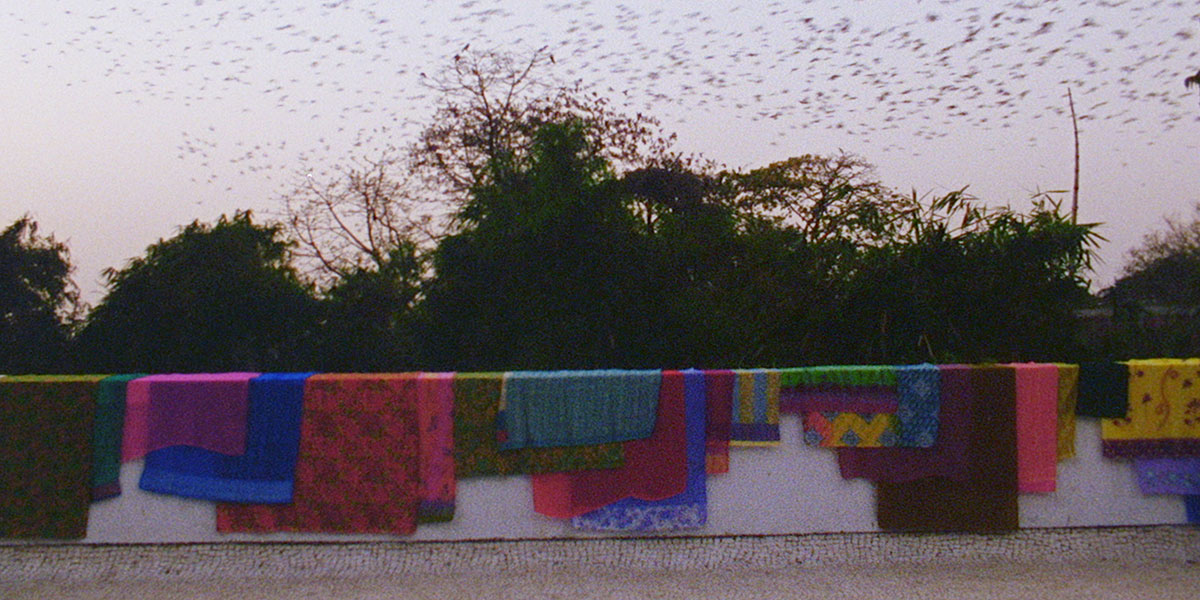
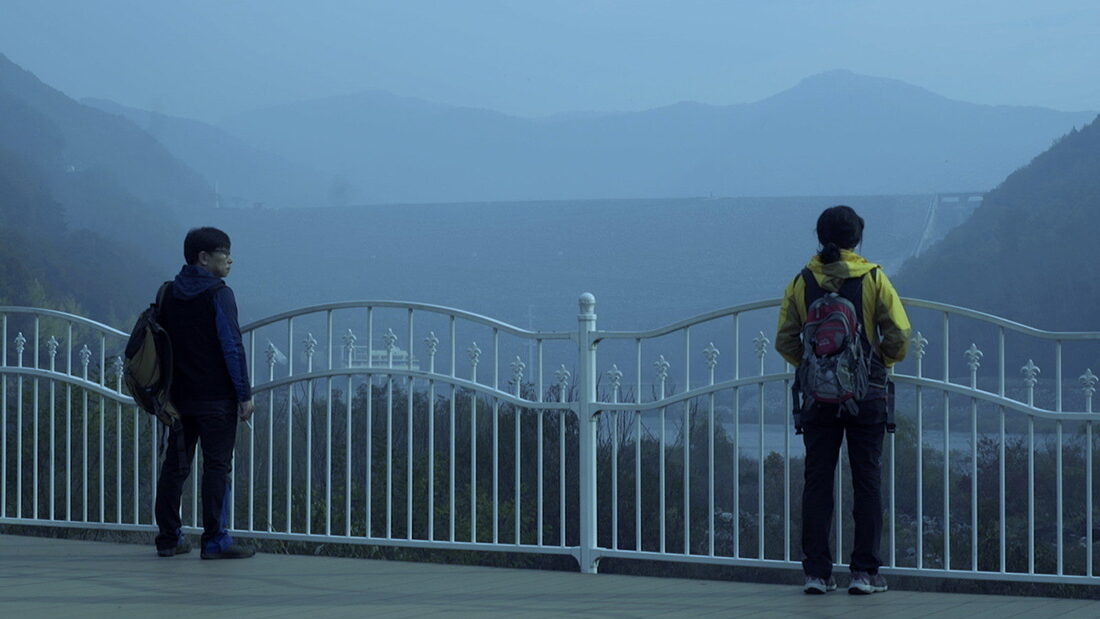
 RSS Feed
RSS Feed
